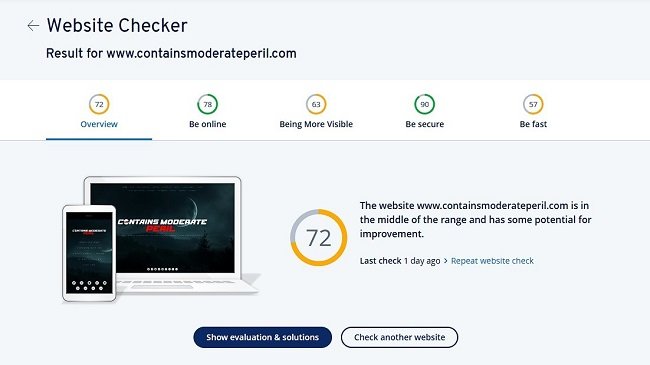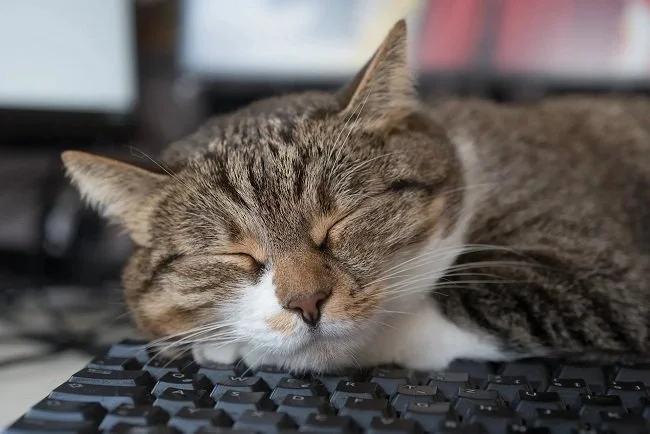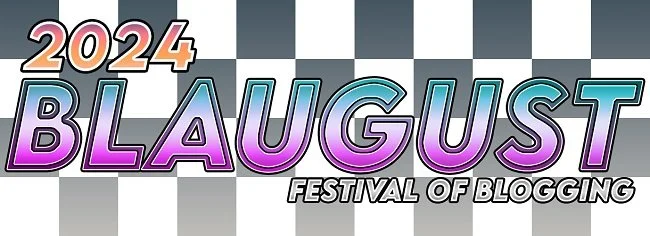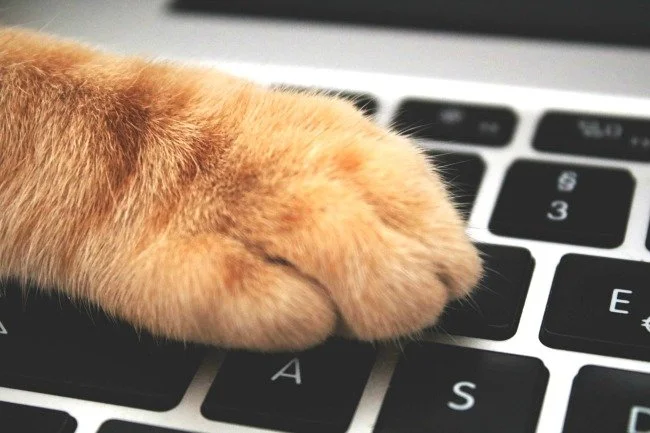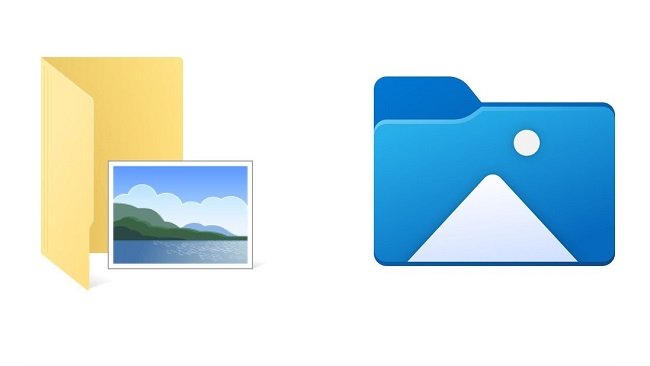Newbie Blogger Initiative 2016 - Mind Your Language
In the UK, the prevailing attitudes towards profanity have radically changed over the last two decades, especially with regard to the media. That's not to say that its casual inclusion in common parlance is now de rigeur, but it has permeated the culture to such an extent, that it no longer has the potential to shock as much as it used to. Several years ago a member of the public had a conviction for swearing at a Police Officer overturned by a Judge on the grounds that "swearing at police is not a crime because they hear four letter words too frequently to be offended". Although a separate issue and a potential blog post in itself, I referenced this case to demonstrate the ongoing changes in public sensibilities.
Blogging it is by its very nature a very personal and at times emotive activity. There may well be occasions when you wish to express yourself quite forcefully or feel such intense emotion, that you wish to use profanity. As the master of your own destiny, you have to make that decision yourself, but it does inevitably come with consequences. Because some people really do take offence at it and still consider the use of profanity as inexcusable. In extreme cases it may lead to you losing readers. Even if you have written the most illuminating of posts, the inclusion of some colloquial Anglo-Saxon terms will upset some people and they will not be able to see beyond it. In fact you may be judged and found wanting. I am not saying if this is right or wrong. It's a people issue and it needs to be considered and then offset against the old adage that you cannot please everyone.
I personally am not especially bothered by strong language; having worked in environments where it was extremely prevalent and to protest about it would have been utterly redundant. However, I do not think that it is something that needs to be employed continuously, either in conversation or writing. I take the view that swearing, like any other literary of semantic device, can be very effective if used sparingly; a view that is held by such diverse writers as Stephen Fry to the late Harold Pinter. I also believe that we should not fear words or demonise them. There is a popular consensus at present that one particular word is the most offensive you can use (I’ll leave you to work out which one it is). Yet this response is driven by a form of social conditioning which borders on the Pavlovian. Why should this one slang term be deemed more upsetting than any of the other dozen equivalents?
Therefore I choose to use profanity in my writing if it suits me and when I deem it relevant to the post. I hope that readers will accept this decision. As a concession to common sense, acquired through being a parent, I on occasion provide advance warning in some cases. I believe that informing people about content is a sensible and polite policy to pursue. For the new blogger it is a matter of time. Eventually your audience will get a feel for the style and pitch of your blog and whether it is family or office friendly.
If you do not feel that the use of strong language is appropriate on your blog or you do not feel comfortable with it in general, then simply avoid it. This is one of the few occasions where I feel a black or white response is appropriate. Personally I would never advocate a compromise approach. There is a tendency in contemporary US blogging to try and use alternative terms. A whole new lexicon of neutered phrases has sprung up. Ass-hat, Freakin' and other PG-13 rated words reek of the worst sort of hypocrisy. Even the term titbit (referring to a nugget of information) has been altered to tidbit, to remove the breast reference contained therein.
As well as profanity, it is important to consider other terms that can be problematic. Faith is extremely important to many and is stronger in certain geographical regions that others. I try to avoid phrases that some would traditionally label blasphemous. I won't even use OMG. It can still upset some and because of its ubiquity in popular culture is somewhat trite. Although it is not likely to happen to the average blogger it is prudent to reflect on what happened to Salman Rushdie in the late eighties after the publication of his book, The Satanic Verses.
Also, never lose sight of the fact that the perceived anonymity of the internet is not as bullet proof as some would have you think. You still have to be sensible about what you write and can still be subject to libel, sex discrimination and race/religious hate laws. The internet has a very long memory and once a blog post is out there in the public domain, it remains so. Deleting a rogue post or one written in the heat of the moment is not a definitive way to cover your tracks. As ever with blogging, think before you type and consider before you publish. Editing oneself is a strength and not a weakness.

